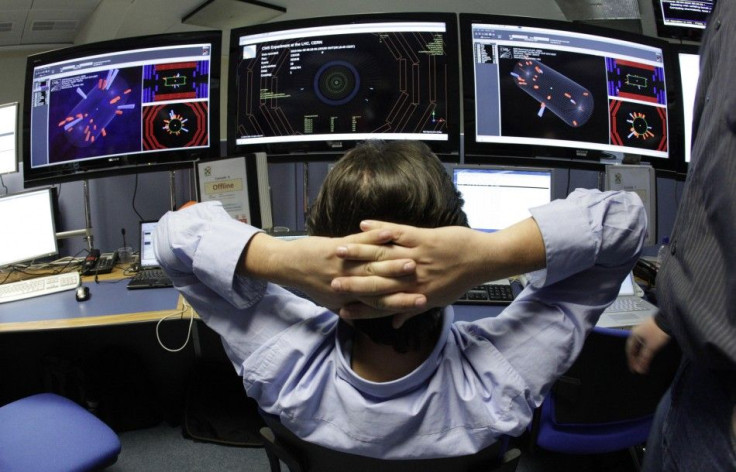CERN: Clouds Could be Born From Cosmic Rays

CERN's latest experiment has found results that suggest we know a lot less about cloud formation than we thought, as the company has started to link cosmic rays with clouds.
The initial findings of CERN's Cosmics Leaving Outdoor Droplets (CLOUD) project are in their preliminary stages, but they point to a connection between cosmic rays from deep space and the formation of clouds that could potentially influence climate change.
While the Geneva based leading high energy physics laboratory, CERN, is still looking for more details into its findings;it has discovered that cosmic rays from outside the solar system can have a large effect on global temperatures as their penetration into the earth's atmosphere can fluctuate when there is high solar activity.
Cosmic Rays-charged particles mainly made up of protons- can cause ionic compounds to condense into aerosols, which clouds can be built up on. They can fluctuate, however, when solar activity is high as they are deflected by solar winds and fail to make it into the earth's atmosphere at all. Researchers in the project have claimed that this could have a severe impact on cloud formation, although little is understood about the details of the process, Ars Technica reports.
Great debate has been sparked around the findings as some scientists contest whether cosmic rays can actually have any impact on cloud formation at all, let alone climate change. With little evidence Jasper Kirkby, a physicist at CERN says, People are far too polarized, and in my opinion there are huge, important areas where our understanding is poor at the moment, Scientific American reported.
The Experiment: In CERN's CLOUD experiment the team filled a giant chamber with man-made air and chemicals believed to seed clouds, such as water, vapor, sulphur dioxide, ozone and ammonia. Protons are then pumped into the chamber with cosmic rays and the artificial atmosphere is then sampled and the effects of the rays are measured.
Of course there are many things to explore, but I think the cosmic-ray/cloud-seeding hypothesis is converging with reality, says Henrik Svensmark, a physicist at the Technical University of Denmark in Copenhagen, who claims a link between climate change and cosmic rays, Scientific America reported
© Copyright IBTimes 2024. All rights reserved.



















